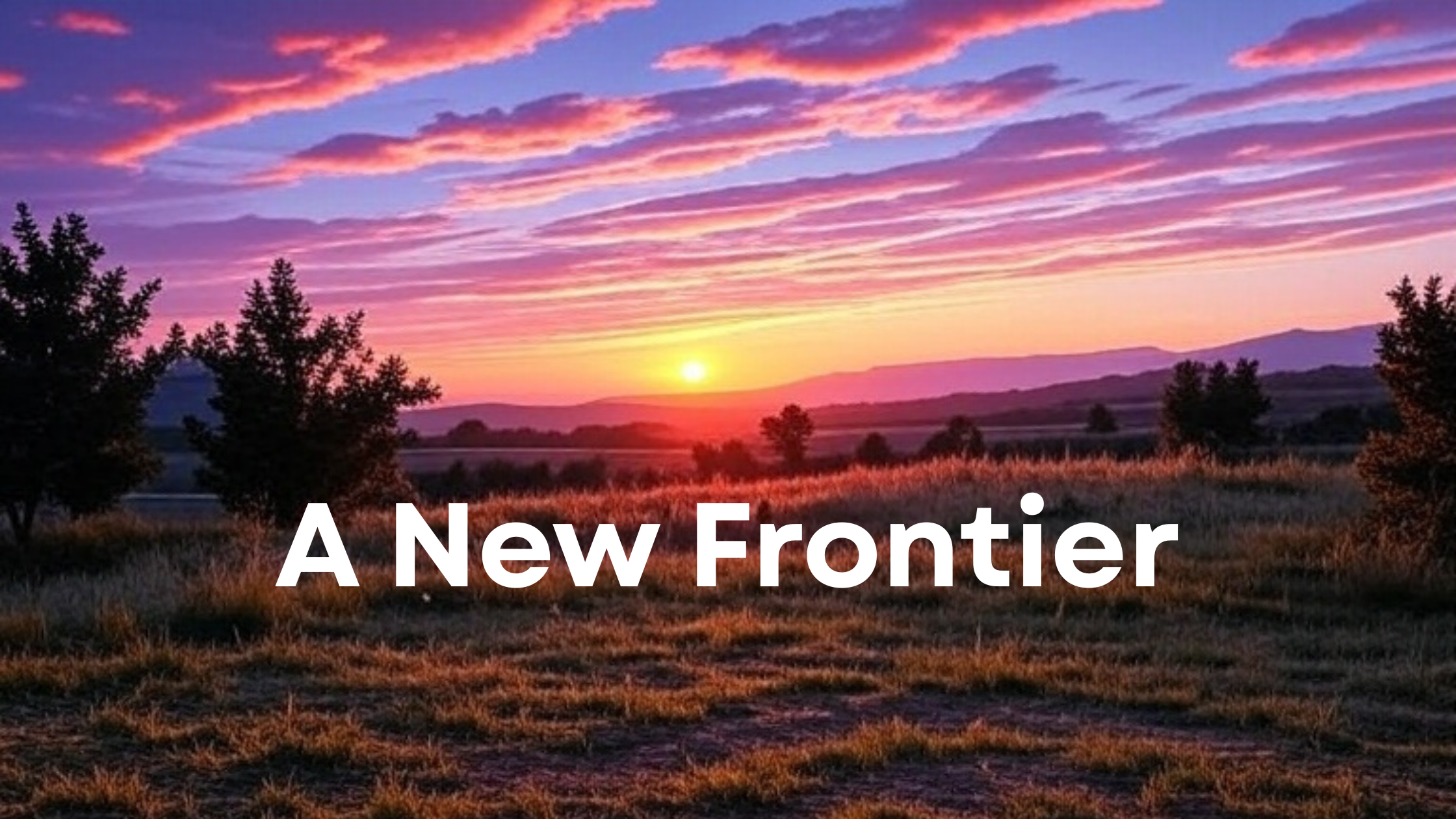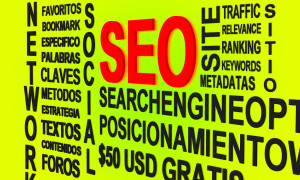We’re standing at the edge of a digital revolution, and it feels like the wild, untamed internet of the ‘90s all over again (how exciting!). Back then, I was coding clunky websites in HTML and figuring out online marketing in a world absolutely buzzing with possibility. Today, the generative AI (GenAI) landscape is sparking that same electric energy, but with much higher stakes. This isn’t just a tech upgrade; it’s a complete overhaul of how users find information, connect with brands, and trust what they see online. For those of us in SEO, the message is loud and clear: adapt to this new frontier or get left behind. Drawing on the latest industry data, let’s dive into what GenAI means for organic search and how we can ride this wave to stay ahead.
The GenAI Battleground: Where Trust and Distribution Reign
The GenAI space is a full-on battleground, and it’s not just about who’s got the slickest tech. It’s about who owns the ecosystem—distribution, accessibility, and user trust. SimilarWeb’s Q1 2025 Traffic Trends Report shows ChatGPT still rules the roost with 2.4 billion monthly visits globally, but the gap is closing fast. Google’s Gemini and other AI-driven search tools have boosted search traffic by 18% year-over-year, while open-source players like Hugging Face are exploding, with a 400% surge in model downloads from 2023 to 2025. This isn’t about market share alone, it’s about who can deliver answers where users are, when they need them, and in a way they trust.
Distribution is key. GenAI isn’t just living in chatbots anymore, it’s woven into search engines, apps, and platforms like X, where AI-driven content recommendations have spiked user engagement by 22% since mid-2024, according to X’s 2025 Platform Insights. Accessibility is the next piece of the puzzle. Gartner’s 2025 AI Forecast predicts that by 2028, 35% of enterprise AI applications will run on open-source models, leveling the playing field for smaller innovators. But trust? That’s the real game-changer. A 2025 Edelman Trust Barometer found that 65% of users prioritize “information reliability” when picking AI platforms, a stat that should keep every marketer up at night. The winners in this space will be the ones who build trust while scaling access.
For SEO pros, this means the old tricks won’t cut it. Search isn’t just a Google game anymore—users are turning to AI assistants, social platforms, and niche tools for answers. The challenge is to optimize for a world where a single query can bounce across a dozen platforms. Buckle up, because this is where the real work begins.
How GenAI is Rewriting Organic Search
GenAI is flipping the script on how people search. A 2025 BrightEdge AI Search Report reveals that 32% of U.S. internet users now lean on AI chatbots for weekly search tasks, up from 27% in 2024. Why? Because tools like Perplexity, which saw a 250% jump in monthly active users in 2025, deliver conversational, intent-driven answers that feel like talking to a friend who knows everything. Traditional search engines are scrambling to keep up, and SEO pros need to move faster.
Here’s the kicker: keywords are losing their grip. A 2025 Moz SEO Trends Report notes a 12% drop in the impact of traditional keyword optimization as users shift to natural, conversational queries. It’s not about stuffing “best running shoes” into every paragraph anymore, it’s about nailing the why behind the search. A user asking, “How do I boost my site’s ranking?” wants a step-by-step plan tailored to their needs, not a generic listicle. GenAI platforms are built to decode that intent, and our content needs to match that precision.
Traffic is fragmenting, too. SimilarWeb’s 2025 data shows Google’s share of global search traffic dipping to 87.1%, down from 88.7% in 2024, as AI tools and social platforms siphon off users. X, for example, now drives 18% of referral traffic for top e-commerce brands, per a 2025 ShareThis Traffic Report. Optimizing for these platforms means understanding their quirks—like X’s real-time, user-driven content or Perplexity’s focus on long-tail, question-based queries.
Then there’s trust. Users are skeptical of AI’s output, and they’re not wrong to be. A 2025 Pew Research study found that 70% of users cross-check AI answers against trusted sources. This puts a premium on content that screams authority—think expert-backed insights, transparent sourcing, and zero fluff. Brands that nail this will shine in both traditional and AI-driven search.
Lessons from the Trenches: How to Win
I’ve been in this game since the days of Netscape Navigator and AltaVista, and one truth holds: those who don’t evolve get crushed (bye bye Ask Jeeves, Lycos, HotBot, and other exciting search engines of the past). I’ve seen brands soar to the top only to crash when they bet on the wrong trends. The GenAI revolution is the biggest test yet, and here’s how to pass it:
- Spread Your Bets: Google’s still a giant, but it’s not the only game in town. Get your content ready for platforms like Perplexity, Claude, or X’s AI-driven feeds. For example, optimizing for Perplexity means structuring content for conversational queries and using schema markup to boost context. Brands that jumped on Bing’s AI early saw a 28% organic traffic boost in 2025, per Search Engine Journal.
- Chase Intent, Not Fads: Trends fade, but user intent is forever. Tools like AnswerThePublic or Google’s People Also Ask can uncover what your audience really wants. Build content that solves their problems with depth and clarity. A 2025 Content Marketing Institute study found that intent-driven content pulls in 4x more engagement than trend-chasing fluff.
- Build Trust Like Your Life Depends on It: Lean into E-E-A-T—Experience, Expertise, Authoritativeness, Trustworthiness. Showcase your credentials, cite credible sources, and keep it real. A 2025 Backlinko analysis found that pages with clear author bios and verified sources ranked 18% higher in AI-driven search results.
- Follow The Leaders: The Search Land Insider brand was born to report on what the leaders and insiders in the industry are sharing. The GenAI space is moving too fast for any one article to cover every winning strategy. New tactics are popping up daily, and the smartest move is to keep an eye on the trailblazers. Leaders like Rand Fishkin, who’s breaking down AI’s impact on search at SparkToro, Aleyda Solis, with her razor-sharp SEO insights on X, and Lily Ray, who’s diving deep into E-E-A-T at Amsive, are lighting the way with others like Barry Schwartz reporting on it all with the consistency of the sunrise. Follow their work, test their ideas, and stay ready for the next big thing—because in this game, the only constant is change. And of course, follow me on social media and hear my thoughts on it all as it happens.
The Dawn of a New Internet
This is the most thrilling time for digital marketing since the ‘90s, when every new website felt like planting a flag in uncharted territory. GenAI is that frontier today, reshaping how we search, connect, and build businesses. This isn’t just tech—it’s a cultural and economic earthquake. Fortunes will be made by those who move fast. Empires will rise from those who master trust and distribution. And companies that sleep on this? They’ll be footnotes in a year.
SEO pros, this is our moment. Stay sharp, stay curious, and stay ahead. The GenAI revolution isn’t coming – it’s here, and it’s rewriting organic search as we know it. Grab the reins and shape the future, because the digital world waits for no one.
What’s your plan to conquer the GenAI-driven search landscape? Hit me up to talk strategy in this wild new era.
Sources:
- SimilarWeb, “Q1 2025 Traffic Trends Report”
- Hugging Face, “2025 Model Usage Stats”
- X, “2025 Platform Insights”
- Gartner, “2025 AI Forecast”
- Edelman Trust Barometer, “AI and Trust 2025”
- BrightEdge, “2025 AI Search Report”
- Statista, “Perplexity User Growth 2025”
- Moz, “2025 SEO Trends Report”
- ShareThis, “2025 Traffic Report”
- Pew Research, “AI Usage and Trust 2025”
- Search Engine Journal, “Bing AI Case Study 2025”
- Content Marketing Institute, “2025 Content Engagement Report”
- Backlinko, “E-E-A-T and AI Search 2025”

















